A Necessary Distinction: Unpacking Zionism and Judaism
It’s easy to get lost in the noise when talking about Israel, Palestine, and the conflict that has defined the region for over a century. But to have an honest conversation, we need to start with two crucial, and often deliberately blurred, distinctions. First, Judaism is a religion, not a race. Second, Zionism is a political ideology, not a synonym for Judaism itself.
Judaism is a Global Faith, Not a Single People
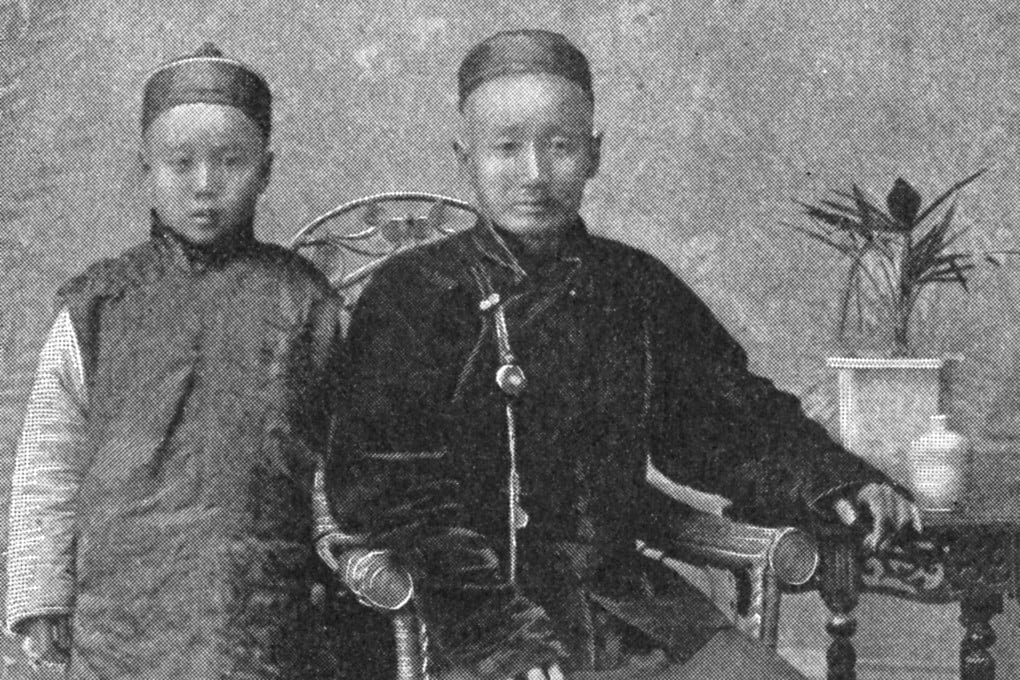
Judaism is a faith that spans the globe and contains a stunning diversity of people. It’s not just a European religion. From the Ashkenazi Jews of Eastern Europe to the Beta Israel of Ethiopia, and from the Kaifeng Jews of China to communities across the Arab world, Jewish identity is multi-racial. To say all Jews are one race is a historical and biological nonsense. It’s a bit like saying all Christians or all Muslims are the same race. This diversity is a testament to centuries of diaspora, conversion, and cultural integration.
In Israel today, roughly one in five citizens is not Jewish. These are primarily Arab Muslims and Christians who are officially citizens. Yet, their political rights and equality are anything but guaranteed. The 2018 Nation-State Law formalized this inequality, declaring that only Jews have the right to national self-determination in Israel. This law essentially makes all other citizens second-class by definition.
What is Zionism? A Political Project
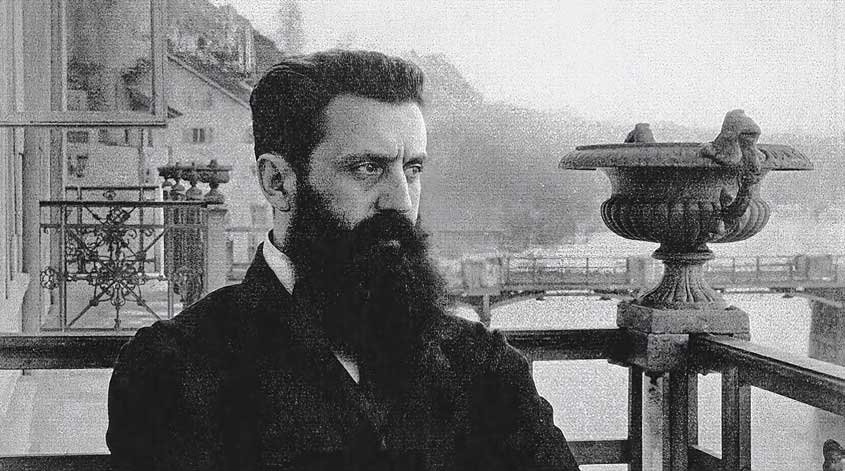
Zionism emerged in the late 19th century as a political movement, mainly among secular Jews in Europe, in response to rising nationalism and antisemitism. The goal was simple: to establish a Jewish homeland. While it was initially considered whether this could be in Argentina or Uganda, it eventually focused on Palestine, a land central to Jewish tradition.
From its inception, Zionism was a settler-colonial project. As historians like Ilan Pappé have painstakingly documented, the aim was to create a Jewish-majority state by acquiring “as much land as possible with as few Arabs as possible.” This led to the Nakba (the catastrophe) of 1948, when over 700,000 Palestinians were expelled or forced to flee their homes to make way for the new state. This systematic dispossession is the original sin of the modern Israeli state.
On July 22, 1946, the Irgun, a Zionist paramilitary group, bombed the King David Hotel in Jerusalem. The attack, which was ordered by Irgun leader Menachem Begin, killed 91 people, including British, Arab, and Jewish civilians.
The hotel housed the headquarters of the British Mandatory Palestine administration, and the bombing was a shocking act of violence aimed at the colonial authority. Interestingly, the warning given just minutes before the explosion was not enough to save lives.
The Irgun and its successor political party, Herut, were condemned by prominent Jewish intellectuals like Albert Einstein and Hannah Arendt, who described the group as “terrorist, right-wing, chauvinist” with an ideology “closely akin… to the Nazi and Fascist parties.”
Today, the legacy of these groups continues. The Irgun and the Haganah, the other main Zionist militia, formed the bulk of the Israel Defence Forces (IDF), the state’s military. The Herut party later became the Likud party, which has dominated Israeli politics since 1977 and is currently led by Benjamin Netanyahu. This lineage from militant paramilitarism to mainstream political power is crucial to understanding modern Israel’s foundations and its ongoing conflicts.
Not All Jews Are Zionists
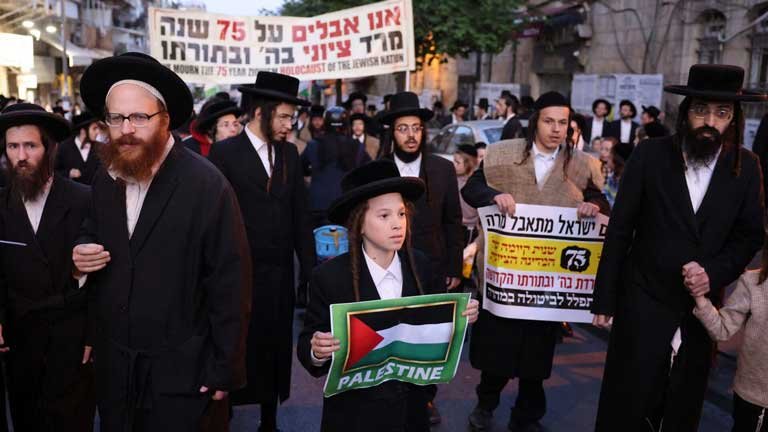
Ahmad Gharabli/AFP
Zionism is not, and never has been, universally accepted by Jews. Many observant Jews, particularly those from ultra-Orthodox or Haredi communities, have fiercely opposed it from the start.
Stunning as it may sound, Yasser Arafat himself also had a Jewish ‘adviser’ at one time, the Orthodox anti-Zionist Rabbi Moshe Hirsch.
Today, there are several other Orthodox organisations which are non-Zionist or anti-Zionist, some of which maintain cool relations with Israel, while others accept state support but are not Zionist
Groups like Neturei Karta believe that the Jewish people were sent into exile by God and are forbidden from re-establishing a state until the coming of the Messiah. For them, Zionism is a secular rebellion against divine will and a dangerous rejection of God’s plan. They famously cite the Talmudic concept of the Three Oaths, which forbids Jews from returning to Israel by force or rebelling against the nations of the world. In their eyes, Zionism has brought war, not redemption, and they intentionally live in the diaspora as a sign of their faith.
The Christian Right’s Unholy Alliance
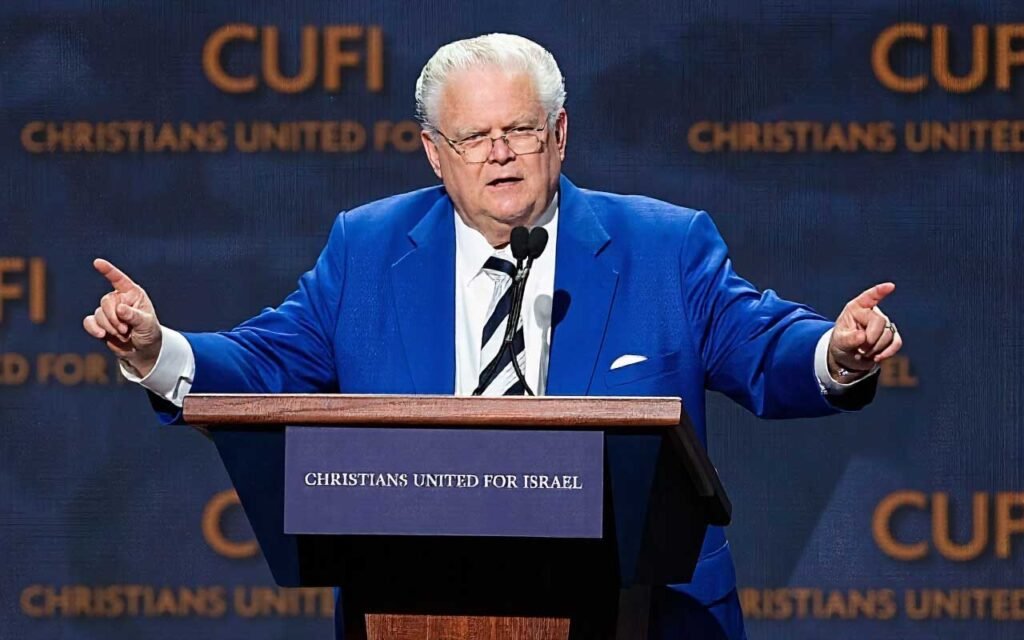
Perhaps the most cynical and dangerous support for Zionism comes not from Jews, but from American evangelical Christians. For them, Israel is a tool, not a nation to be cherished.
Pastor John Hagee is a right-wing evangelical Christian Zionist in favor of Israel annexing the West Bank, who liberals and conservatives alike have criticized for statements he’s made on the Holocaust and other views critics say are racist and antisemitic.
Christian Zionists see the modern state of Israel as a fulfilment of biblical prophecy, a necessary step toward the Second Coming of Christ. This belief, rooted in a specific and apocalyptic reading of texts like Ezekiel 37 and Revelation, sees the ingathering of Jews to the Holy Land as a precursor to the End Times.
But here’s the catch, and it’s a terrifying one: in their eschatological vision, Jews must either convert to Christianity or face divine destruction. Prominent figures like Jerry Falwell and John Hagee have spent decades promoting this view, not out of solidarity with Jewish people, but to use them as pawns in a Christian cosmic drama. Their massive financial and political support for Israel shapes American foreign policy and directly enables the expansion of settlements and the oppression of Palestinians.
UN and the “Zionism is Racism” Debate
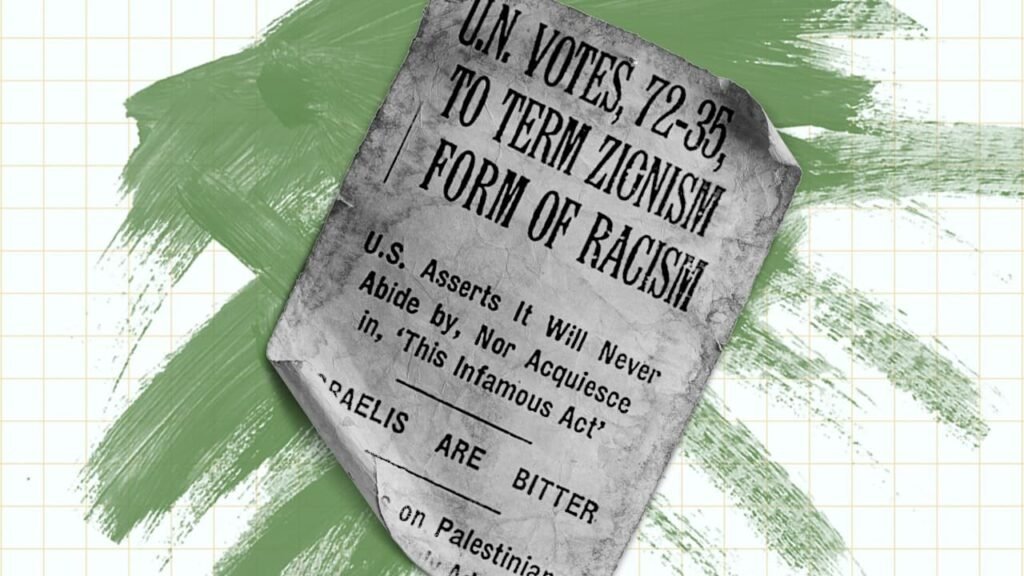
This debate is not new. On November 10, 1975, the United Nations General Assembly passed Resolution 3379, which stated, “Zionism is a form of racism and racial discrimination.” The resolution was passed with a clear majority – 72 in favour, 35 against. It was part of a broader movement to recognize Palestinian rights and was a direct rebuke of the discriminatory, exclusionary nature of Zionism.
While this resolution was revoked in 1991 under heavy pressure from the US, the core question remains: Can a political movement built on ethnic exclusivity and the systematic displacement of an indigenous population ever be truly separated from racism?
Anti-Semitism vs. Legitimate Criticism of Israel

Distinguishing between anti-Semitism, racism, and legitimate criticism of the Israeli state and government is crucial for a clear and honest discussion. While the terms are often conflated, they represent fundamentally different concepts.
Anti-Semitism
Anti-Semitism is prejudice, hatred, or discrimination against Jews. This can manifest as hatred of Jewish people, conspiracy theories about Jewish power and control, or the use of historical anti-Jewish tropes. It is a form of racism, but specifically targeted at Jews. Hate speech, violence, and stereotypes directed at Jewish people are unequivocally anti-Semitic.
Examples of anti-Semitism include:
- Accusations that Jews control global finance or media.
- Blaming all Jews for the actions of the Israeli government.
- Using slurs or stereotypes to describe Jewish people.
Legitimate Criticism of Israel
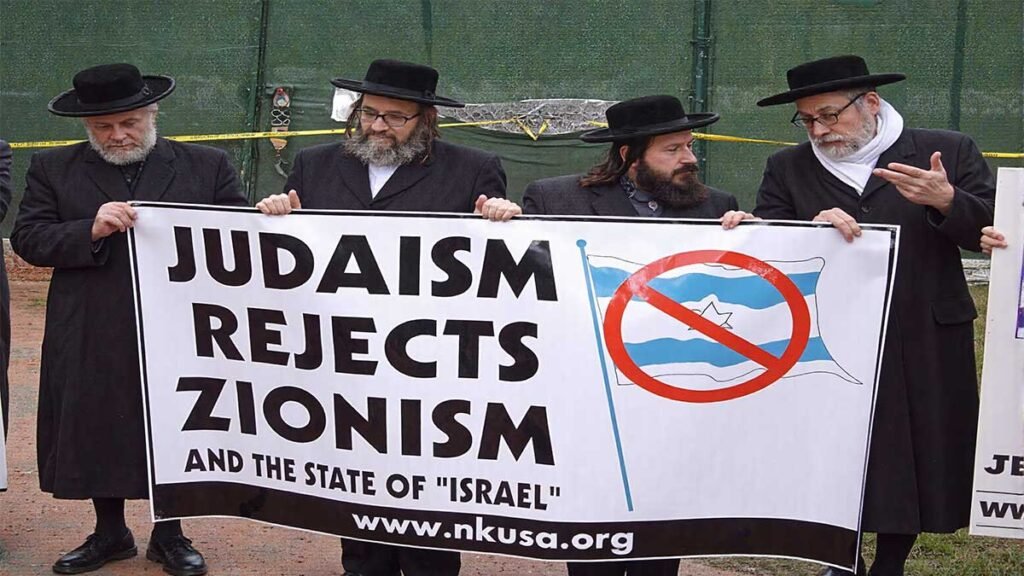
Criticism of Israel focuses on the actions, policies, and practices of the Israeli state and its government. This is no different from criticising the policies of any other nation. This type of critique does not target Jewish people or Judaism itself. It is a political analysis, not an ethnic or religious one.
Examples of legitimate criticism include:
- Condemning the expansion of illegal settlements in the West Bank.
- Critiquing the military actions in Gaza, particularly those resulting in war crimes and the investigation of genocide.
- Debating the legitimacy and morality of the Nation-State Law.
- Supporting the right of Palestinians to self-determination and statehood.
The key distinction is the target of the criticism: anti-Semitism and racism target people; legitimate criticism targets policies and governments. A person who opposes the actions of the Israeli government is not an anti-Semite, just as a person who criticises the US government is not anti-American. It is only when this criticism crosses the line into blaming all Jews or using anti-Semitic tropes that it becomes hate speech.
An example of misinformation ironically comes from Labour MP Lisa Nandy talking about Bob Vylan Glastonbury chant “Death to the IDF” and misinformation. Lisa Nandy’s suggestion that the chant “Death to the IDF” is an antisemitic death chant is a confusing and dangerous mischaracterisation. While the chant is aggressive, it is directed at a military institution – the Israel Défense Forces (IDF) – not at Jewish people as a group.
Criticising a nation’s military for its actions is a legitimate form of political protest, no different from condemning the actions of the British or American armed forces. Antisemitism is hatred or prejudice against Jewish people. To label a chant against the IDF as antisemitic is to create a false equivalence, suggesting that the Israeli military and all Jewish people are one and the same. This not only shuts down legitimate criticism of Israeli government and military policies, but also wrongly implies that all Jews are responsible for the actions of the IDF. It’s a common tactic used to deflect from political accountability by weaponising accusations of racism.
Many politicians have become Zionists. Keir Starmer, for example, declared himself a “Zionist without qualification.” This stance appears to ignore the collective punishment of Palestinians. Starmer continues to declare, no matter the atrocity or war crime, that Israel has the right to defend itself. This position, shared by many Western leaders, shows how Zionism has been adopted as a mainstream political ideology that provides unconditional support to the Israeli state, regardless of its actions on the ground.
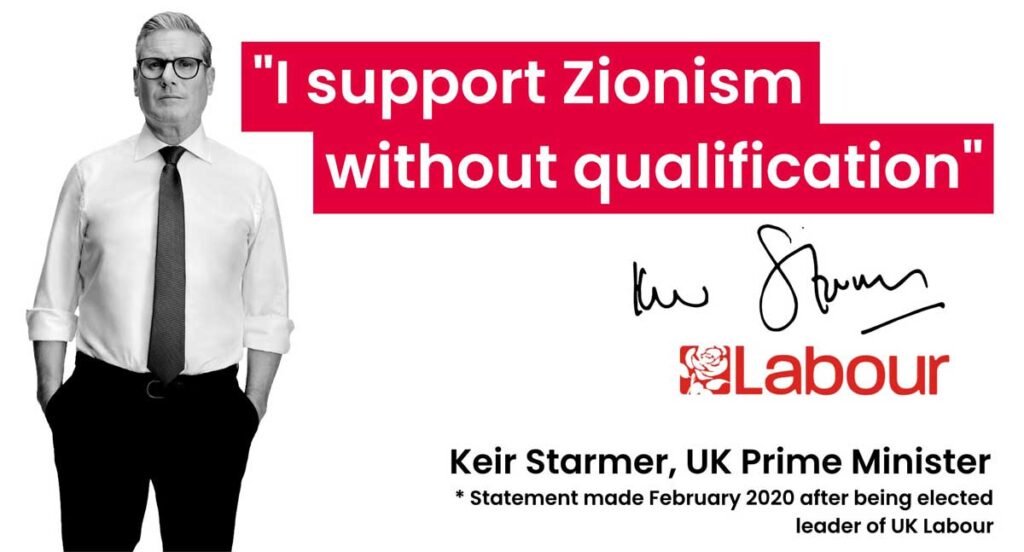
Greater Israel: The Dream Made Real
Today, the pretence of a “two-state solution” is finally being buried. Israel’s parliament has passed laws effectively annexing the West Bank. The government has openly declared its intent to maintain long-term control over Gaza. The dream of a sovereign Palestinian state is being erased before our very eyes. What remains is a de facto Greater Israel, propped up by American evangelicals, funded by Western governments, and built on the ruins of Palestinian homes and lives.
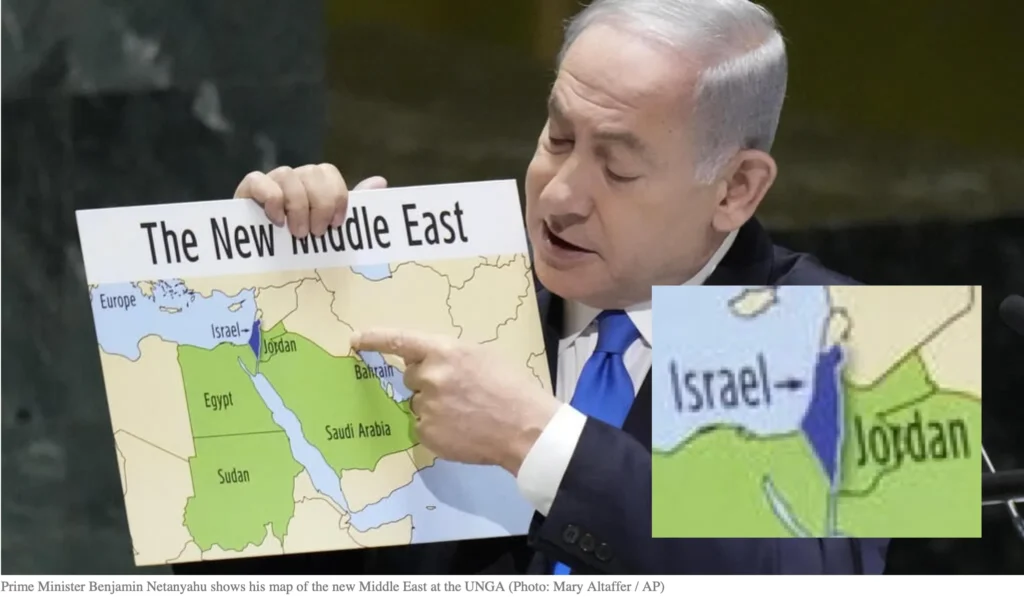
A Final Thought on Honesty
To equate anti-Zionism with antisemitism is to silence legitimate critique and to deny the lived experiences of millions of people, including Jews, who oppose Zionism. Judaism is a rich, diverse faith with a deep ethical tradition. Zionism is a modern, political ideology that has led to settler-colonialism and ethnic cleansing. We must be able to condemn the latter without in any way, shape, or form attacking the former. To do so is not to sow division, but to invite honest, truthful, and humanising dialogue.
The mix of extremes directed at one small corner of the map has been at the centre of religions, ideology and death since Moses left Egypt. To some, it is the promised land; to others it has offered nothing but death…
Support Independent Journalism Today
Our unwavering dedication is to provide you with unbiased news, diverse perspectives, and insightful opinions. We're on a mission to ensure that those in positions of power are held accountable for their actions, but we can't do it alone. Labour Heartlands is primarily funded by me, Paul Knaggs, and by the generous contributions of readers like you. Your donations keep us going and help us uphold the principles of independent journalism. Join us in our quest for truth, transparency, and accountability – donate today and be a part of our mission!
Like everyone else, we're facing challenges, and we need your help to stay online and continue providing crucial journalism. Every contribution, no matter how small, goes a long way in helping us thrive. By becoming one of our donors, you become a vital part of our mission to uncover the truth and uphold the values of democracy.
While we maintain our independence from political affiliations, we stand united against corruption, injustice, and the erosion of free speech, truth, and democracy. We believe in the power of accurate information in a democracy, and we consider facts non-negotiable.
Your support, no matter the amount, can make a significant impact. Together, we can make a difference and continue our journey toward a more informed and just society.
Thank you for supporting Labour Heartlands












